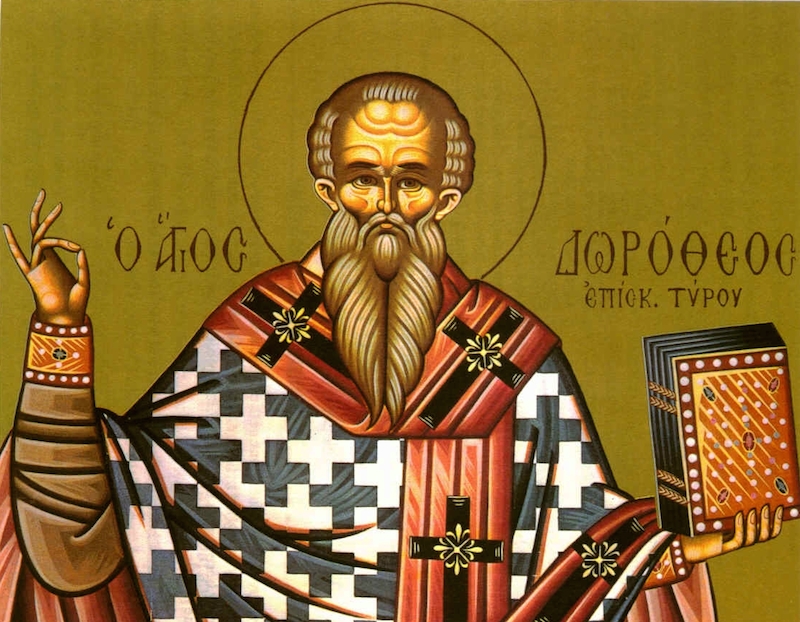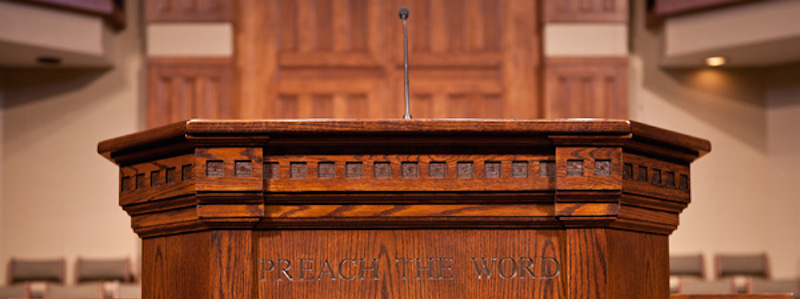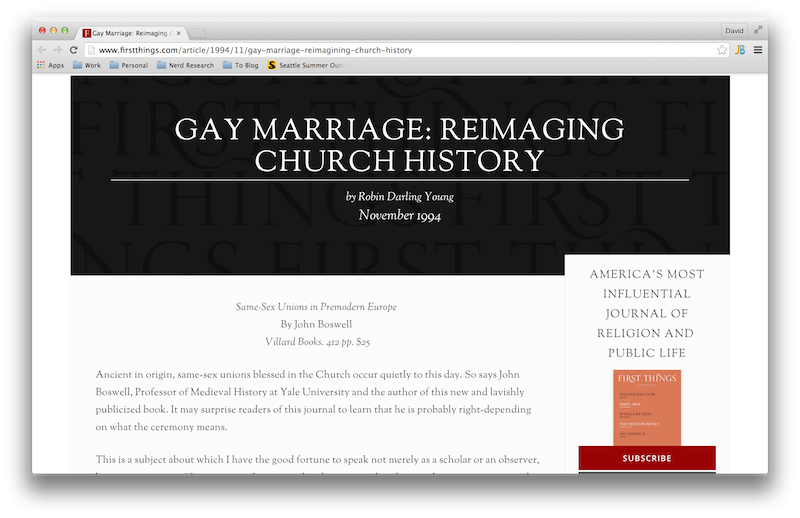 As you may well know, I’ve been working through a long list of books during my sabbatical. I recently finished one of them, Something other than God, written by Jennifer Fulwiler. Mrs. Fulwiler grew up an an atheist, but blogged her way into the Catholic Church.
As you may well know, I’ve been working through a long list of books during my sabbatical. I recently finished one of them, Something other than God, written by Jennifer Fulwiler. Mrs. Fulwiler grew up an an atheist, but blogged her way into the Catholic Church.
I really enjoyed the book. It’s a page-turner and I finished it in short order. In it she discusses how she grappled with the philosophical arguments for the existence of God, the person of Jesus Christ, the problem of suffering, as well as the Church’s teachings of contraception and abortion. I’d say it’s a really good book to give to a real range of people, from atheist to fallen-away Catholic.
There were a couple of passages from Mrs Fulwiler’s book I just wanted to share in this post before I pass on the book to someone else. The first quotation is about Purgatory. I wanted to share it because she writes very eloquently about it, using the same line of argumentation I used in my earlier post about purification after death:
“The Catechism basically said: If you’re a believer and a jerk, you don’t walk right in to heaven after you die. ‘All who die in God’s grace and friendship, but still imperfectly purified, are indeed assured of their eternal salvation; but after death they undergo purification, so as to achieve the holiness necessary to enter the joy of heaven.” Heaven is the place of perfect good and perfect love. To enter it while in a disposition of selfishness or hatefulness or unkindness would be like entering into a gleaming clean house with muddy boots; the house would not be clean anymore” -Jennifer Fulwiler, Something Other Than God
The second quotation I wanted to share also related to the subject of the departed in faith, but in the case the practice of praying for them:
“The Catechism explained that praying for the souls of the dead is a tradition going back to the first Christians and to the Jews before them. On the walls of the catacombs, where the earliest Christians worshipped, there were scrawled prayers for friends who’d died during persecutions. The living sent their love for the deceased into the spiritual world, like adding water to a stream that would eventually float their lost friends home.” -Jennifer Fulwiler, Something Other Than God
Someone at our parish died a week or so ago and it was the first time I got to pray the Panachida, the funeral prayers of the Byzantine Church. After the service it’s traditional to sing the psalter (or at least as much of it as you can) over the body. Mrs Fulwiler’s description of praying for the dead perfectly coalesced with this quite moving experience, “adding water to a stream that would eventually float [our friend] home”.

 A couple of months ago we had a guest post here at Restless Pilgrim from Tom Massoth. Well, today we have another guest post, this time from my long-time friend, John. I met John for the first time during a short stay in San Diego. A couple of years later, I returned to the USA and we had the chance to be neighbours. I take personal credit for him meeting his wife!
A couple of months ago we had a guest post here at Restless Pilgrim from Tom Massoth. Well, today we have another guest post, this time from my long-time friend, John. I met John for the first time during a short stay in San Diego. A couple of years later, I returned to the USA and we had the chance to be neighbours. I take personal credit for him meeting his wife!




 As you may well know, I’ve been working through a long list of books during my sabbatical. I recently finished one of them,
As you may well know, I’ve been working through a long list of books during my sabbatical. I recently finished one of them, 